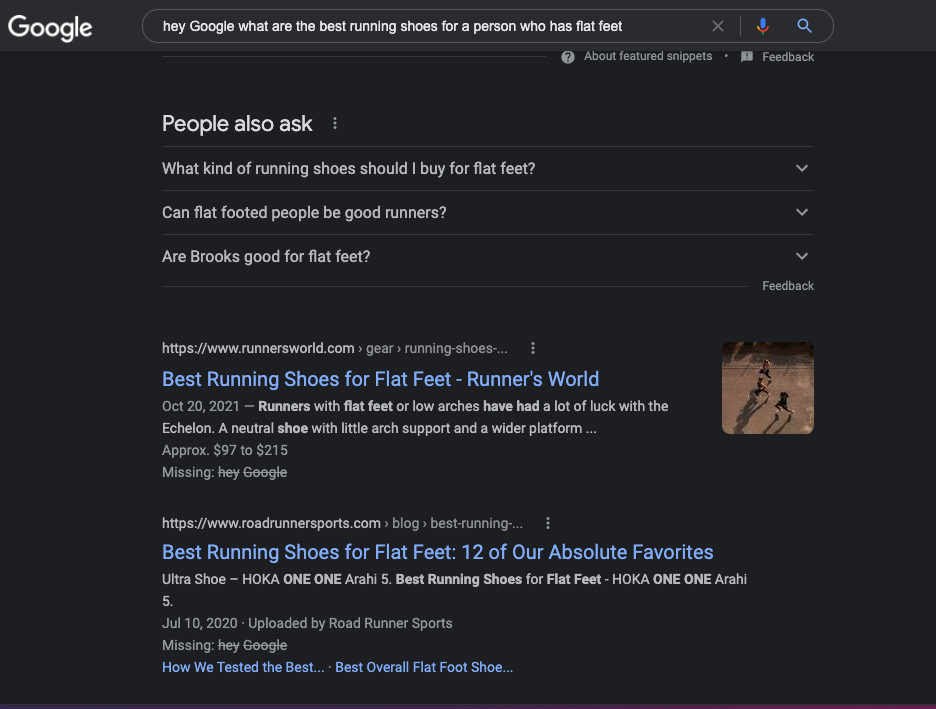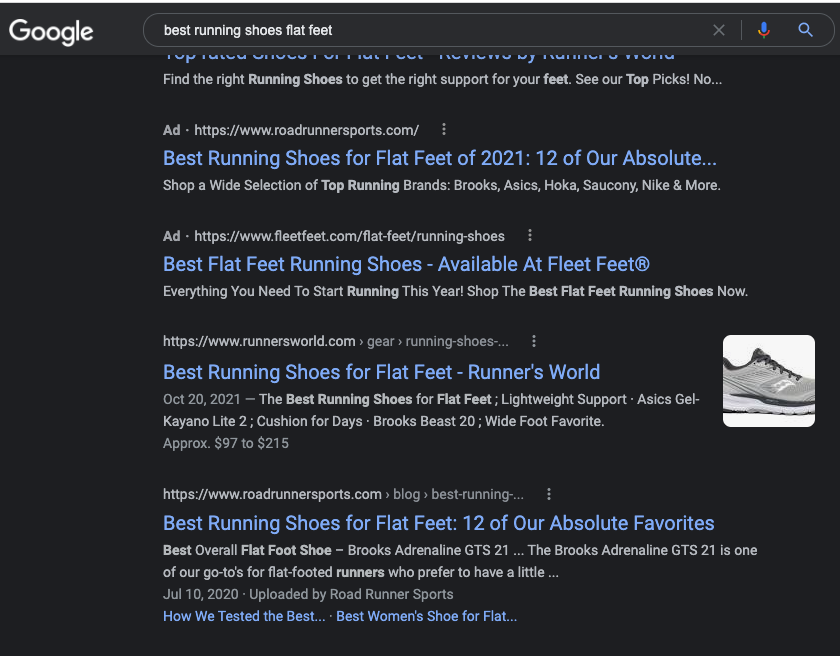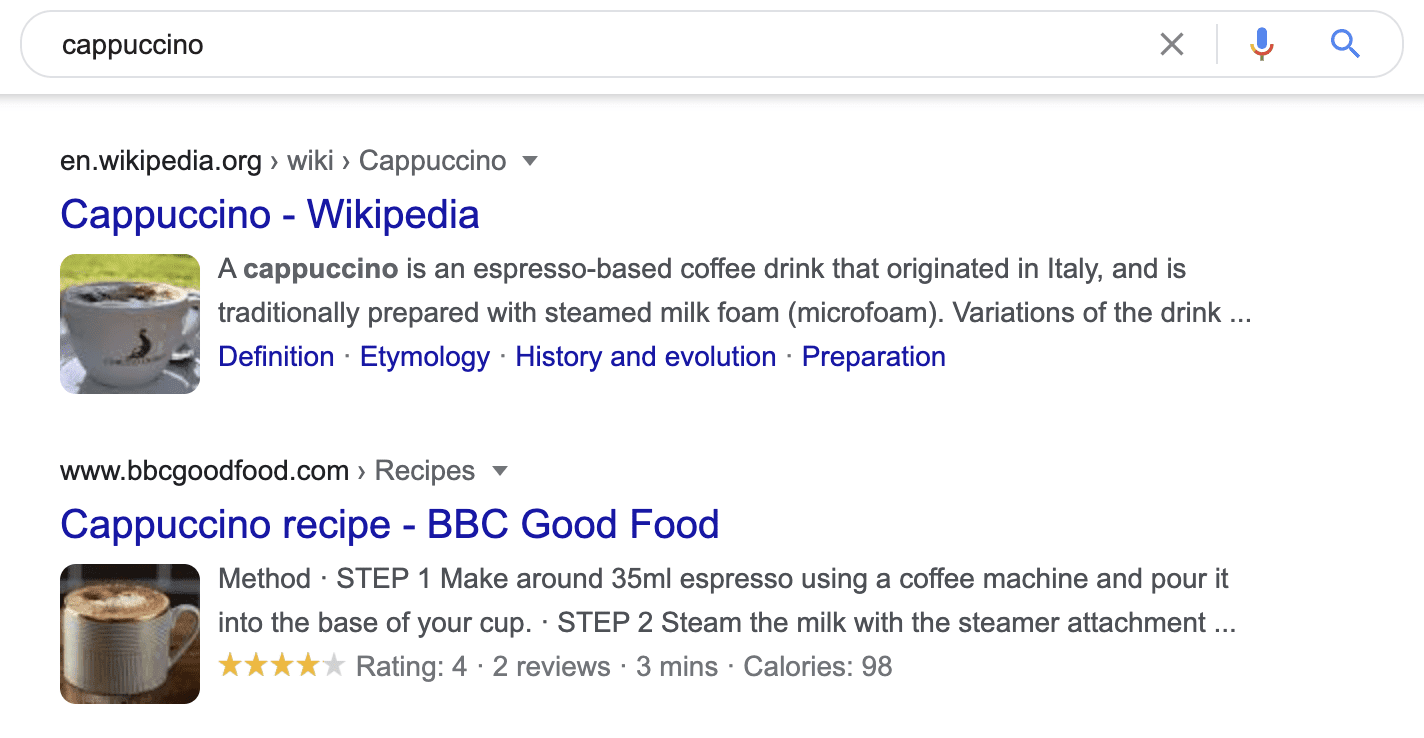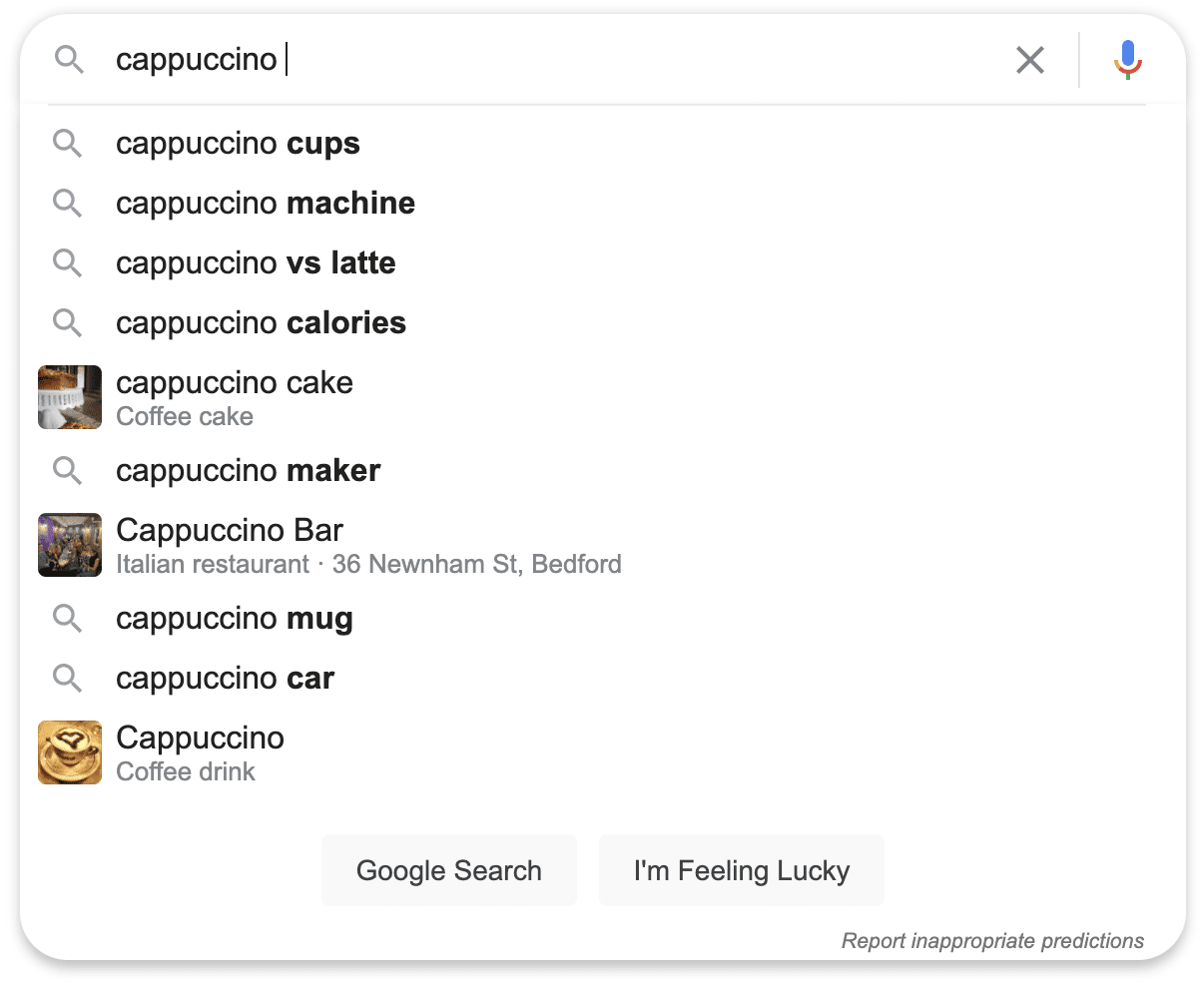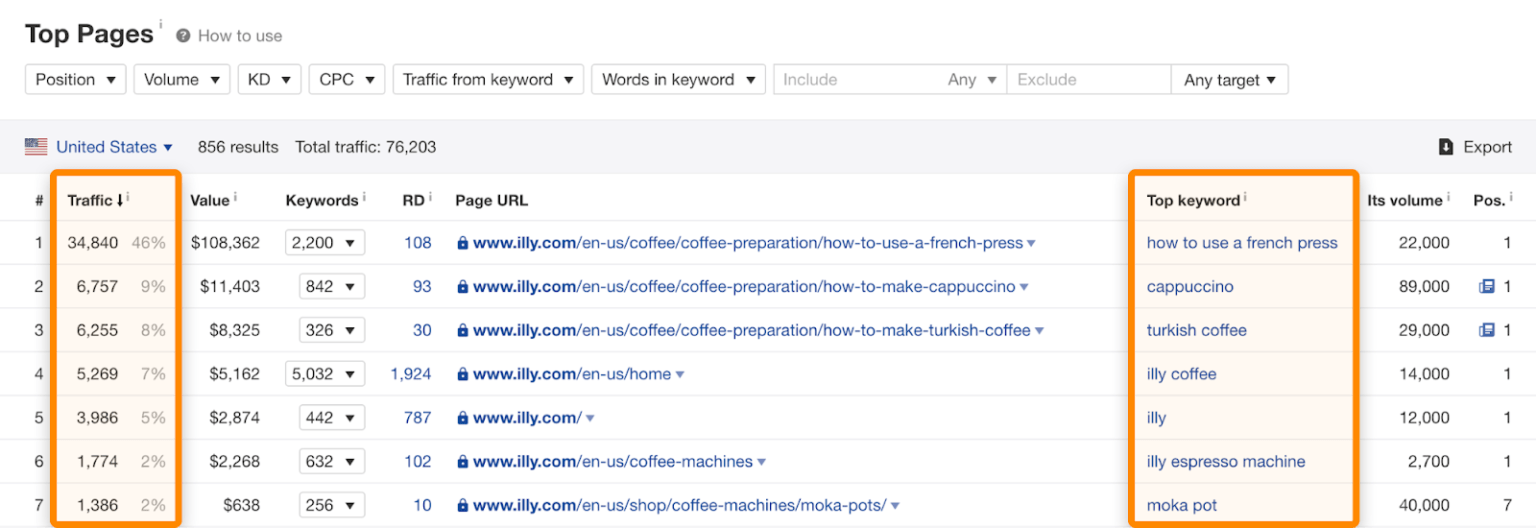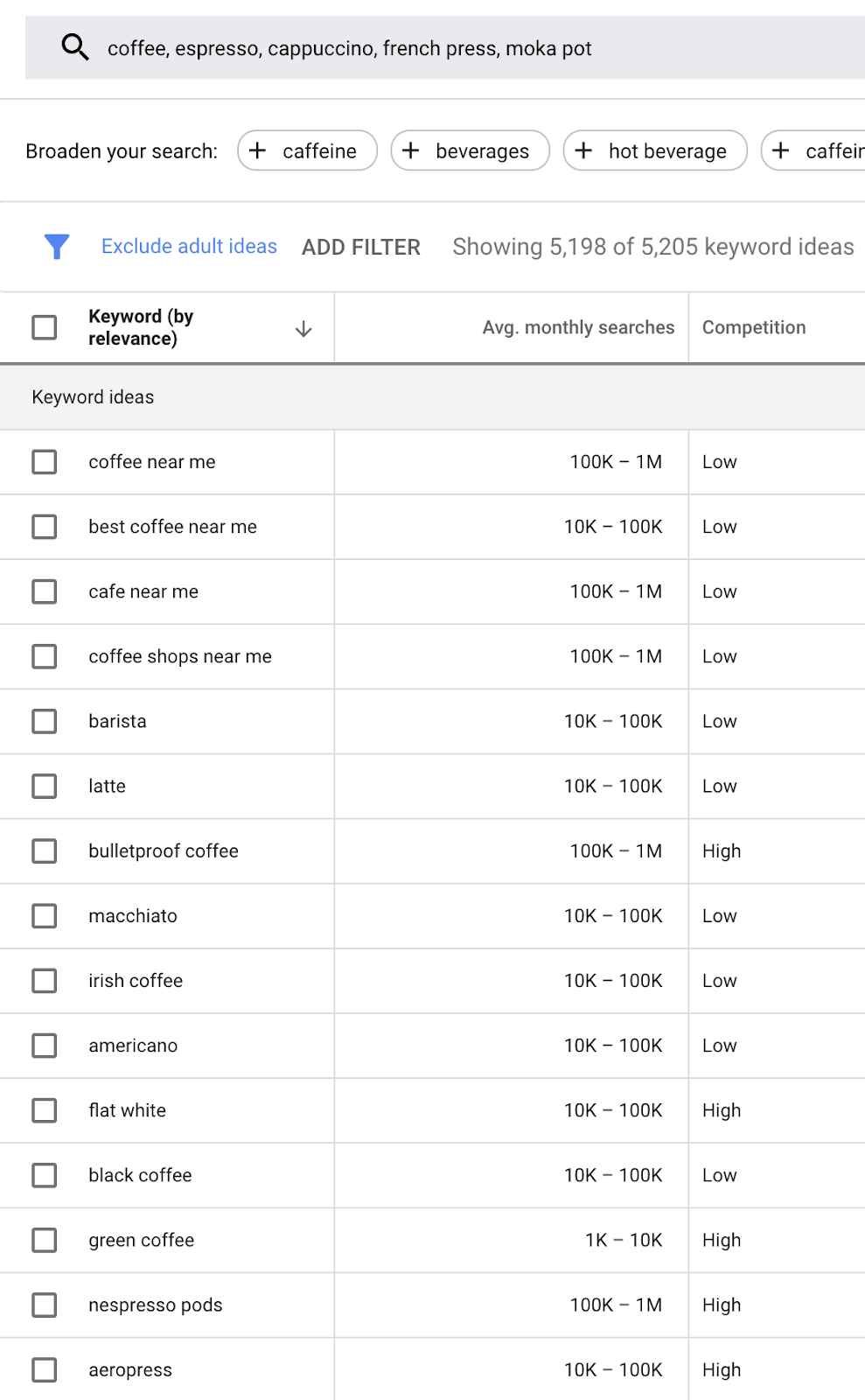While Google keeps us on our toes with algorithm updates, one thing for inbound marketers seeking to optimize their websites for search has remained relatively constant: keyword research.
This article will explain whatkeyword research for SEOis, why it is important, how toconduct keyword research for your SEO strategy, and how to select the best keywords for your website.

How to Do Keyword Research for SEO (Like a Pro)
What Is Keyword Research?
Keyword research is the process of comprehending the language employed by your target audience when searching for your products, services, and content.
The next step is to analyze, compare, and prioritize the best keyword opportunities for your website.
Why Keyword Research Is (Still) Important To SEO
Keyword research assists in:
- Know and connect with your audience
- Discover new pertinent topics to cover on your website. Acquire qualified leads.
- Increase sales
- Enhance ad campaigns and increase clicks and impressions.
- Develop your brand's visibility
It is important to use keywords because they can help attract potential users who are more likely to use or purchase from your website.
Equally important, however, is avoiding the use of "wrong" keywords that may attract users who are likely to leave your page.
Keyword research facilitates the discovery of both.
Keyword research can also assist with keyword prioritization.
If your competition for a particular search term includes Wikipedia and Amazon, ranking for that term may be a long-term goal or a lower priority.
Work concurrently on other keywords that are more attainable in the short term.
Understanding Keyword Themes
Some online marketers may refer to keyword groups as topics or themes.
These are typically groups of individual keywords that indicate a similar searcher need or intent.
Because a searcher may have multiple intentions when researching (and searching for) a specific topic, keyword research should never be reduced to simply compiling a list of keywords.
Instead, you should conduct keyword research to create a complex group of keywords with similar search intent.
A page may be "optimized" for the entire group of keywords if it contains content that addresses all the needs within a single topic or theme.
Or, the search topic may be broad enough to indicate that you should devote an entire section of your website to answering the user's intent with numerous pieces of content.
For instance, if you're writing a blog post about "how to fry an egg," a single article may satisfy the intent of all relevant keywords, such as:
- How to fry an egg
- How to cook a sunny side up egg
- How to cook an egg over medium
- How to fry an egg for a sandwich
- How to fry an egg in the microwave
- How to fry an egg over easy
- How to fry an egg over hard
- How to fry an egg over medium
- How to fry an egg sunny side up
- How to fry an egg with oil
- How to fry an egg without oil
If your keyword group covers a more complex topic, such as "what caused the decline and fall of the Roman Empire," a single piece of content will not satisfy all possible search intentaround that theme.
To answer all of the user's questions, a much larger content body would likely be required.
Keyword/Query Trends
Due to voice search, some SEOspecialists may argue that individual "head" keywords will become less significant in the future.
Voice search enables users to formulate lengthy queries in natural language.
However, this does not preclude the use of shorter "head" keywords as the starting point or foundation of your keyword research.
There is no separate database for voice search results, so a simple head term can generate many long-tail keyword prospects.
Google, for example, returns virtually identical results for voice queries and typed queries.
Google will extract the essential terms from many of these lengthy long-tail queries and return the results.
Let's search Google for "Hey Google, what are the best running shoes for someone with flat feet?"
It is easy to see from the Google search results that Google returns nearly the same set of results for this query as it does for "best running shoes for flat feet."
Here are the voice-to-text search results for "Hey Google, what are the best running shoes for someone with flat feet?"
Even if someone uses a longer, more natural-sounding query, it is still important to know that people are searching for phrases such as "best running shoes for flat feet."
How To Find Keyword Ideas
The first step in keyword research is to consider how potential customers may search for your businessor website.
Then, you can use keyword research tools to expand on these concepts and discover additional keywords.
It's a straightforward procedure, but two conditions must be met for success:
- You must have a solid understanding of your industry.
- You must understand how keyword research tools operate and how to maximize their effectiveness.
In this chapter, it'll discuss a few actionable ways to increase your knowledge in both of these areas and, in the process, discover potentially winning keywords for your site.
Brainstorm ‘Seed’ Keywords
The foundation of the keyword research process are seed keywords.
They help you define your niche and identify competitors.
Every keyword research tool requires a seed keyword, which it uses to generate a massive list of keyword suggestions (more on that shortly).
If you already have a product or company that you want to promote online, it is simple to generate seed keywords.
Consider what people are typing into Google to find your business.
For instance, if you sell coffee machines and equipment, seed keywords could include:
- coffee
- espresso
- cappuccino
- french press
Note that seed keywords are not necessarily worth targeting with your website's pages.
As their name implies, you will use them as "seeds" in the subsequent steps of this procedure.
Don't become overly preoccupied with your seed keywords.
It shouldn't take more than a few minutes to locate them.
Once you have a handful of broad ideas related to the topic of your website, proceed to the next step.
Find Out Which Keywords Your Competitors Rank For
Examining which keywords currently drive traffic to your competitors is typically the most effective way to begin keyword research.
However, you must first identify your competitors.
This is where your list of keyword ideas comes in handy.
Simply perform a Google search for one of your seed keywords to determine who ranks on the first page.
Try searching for relevant 'autosuggest' queries instead if none of the top-ranking websites for your seed keywords are similar to your site (or where you're aiming to go).
If you sell coffee equipment, for instance, you may find more actual competitors in search results for "cappuccino maker" than for "cappuccino."
It is primarily e-commerce stores like yours that rank for the former, while blogs rank for the latter.
In any case, you must use your best judgment when identifying competing websites.
Large brands such as Amazon and The New York Times that rank for your seed keyword are not necessarily competitors.
Always search for websites that resemble yours or the direction you intend to take it.
Once you've identified a few websites that meet the criteria, you can enter them one by one into a competitive intelligence tool and then review the Top Pages report.
Then, you will see their most popular pages according to estimated monthly search traffic.
The report also displays the "Top keyword" for each page.
That website generates the most organic traffic.
Just by analyzing one competitor's website, the hypothetical coffee shop discovered the following keywords:
- neapolitan coffee maker
- how to make coffee
- moka pot
- turkish coffee
- how to use a french press
As you can see, even if you're well-versed in your industry, you can still find a wealth of unique keyword ideas by analyzing your competitors that you probably wouldn't have come up with through brainstorming alone.
Use Keyword Research Tools
Competitors can provide excellent keyword inspiration.
However, there are still a vast number of keywords that your competitors are not targeting, and keyword research tools can help you discover them.
All keyword research tools function identically.
You enter a seed keyword, and based on that keyword, they retrieve keyword suggestions from their database.
Google Keyword Planner is arguably the most popular keyword research tool.
Although it is primarily intended for advertisers, it can also be used to find keywords for SEO.
Enter a few of our seed keywords and observe the results:
- barista
- macchiato
- irish coffee
- americano
- flat white
- cold brew
- percolator
- turkish coffee
- arabica
- k cups
- frappuccino
You will notice that Google Keyword Planner is intelligent enough to provide you with relevant keyword suggestions even if they do not contain your seed keywords.
Consider "k cups" as an example.
Unless you're a coffee expert, you probably wouldn't realize this pertains to coffee.
In addition to Keyword Planner, there are numerous additional free keyword research tools.
These are great if you're on a tight budget, but you'll quickly discover that their data and functionality are severely limited, as their goal is to convert you into a paying customer.
Study Your Niche
Everything discussed thus far is sufficient to generate an almost limitless number of keyword ideas.
However, the process tends to keep you "inside the box."
It is restricted by your seed keywords and the size and recency of the database of your chosen keyword tool.
Consequently, you will almost certainly overlook some excellent ideas.
You can solve this problem by studying your niche in greater depth.
And a good place to begin is by perusing industry forums, groups, and question-and-answer sites.
This will help you discover additional issues that your prospective customers struggle with, but that keyword tools did not reveal and that none of your competitors have addressed.
Choosing Your Organic Keywords
After organizing your initial list of keywords, the next step is to select keywords based on metrics such as search volume, competition, recent trends, and business relevance.
These metrics can be used to determine which keywords to eliminate.
These are keywords that you do not intend to use in your content or do not wish to rank for.
Search Volume
Keyword search volume refers to the number of times a particular keyword is looked up during a given time period.
This metric can help you determine a keyword's competitiveness.
Competition
The keyword competition reflects how challenging it will be to rank organically for a particular keyword.
The competitiveness of a keyword is largely determined by its related market or niche and its popularity.
Determining a keyword's level of competition can save you considerable time and effort over time.
Targeting and ranking for a less competitive keyword will be easier than for a more competitive keyword.
If a keyword is more competitive, you may need more time or resources to rank for it, so you may want to deprioritize it or develop a long-term strategy to rank for it.
Trends
Consider any upward or downward trends for the keyword over the past few months when evaluating it.
Trends in keyword usage can help you determine the keyword's recent popularity, typically within the last three to twelve months.
It is common for the popularity of particular keywords to fluctuate throughout the year.
For instance, Halloween-related keywords such as "Halloween candy" are more likely to receive more searches during the fall than during other seasons.
Relevancy To Business
Ranking for keywords is essential, but you should not strive to rank for each and every keyword.
Concentrate on selecting the most pertinent keywords within your market niche for your business.
Using user personas is one method for assessing the business's relevance.
Evaluate each keyword to determine whether it satisfies a user's need or answers their questions.
Classifying Keywords
Once you have an approved list of keywords, you must begin assigning a relative value to those keywords that goes beyond their search query volume.
Lower-volume keywords may be those for which you create content first, especially if they are significantly more relevant or likely to result in a conversion.
Keep in mind that not all relevant keywords are equal.
Also keep in mind that keyword optimization is evolving.
No longer is it necessary to use only one or two keywords per page.
This is due to the fact that there is no such thing as writing "for Google" and "for the user" anymore; they are one and the same.
Organize keywords into related groups and themes.
Consider groups of related keywords for which a piece of content may be able to rank and seek out the largest and most significant opportunities.
These keywords are easily optimized and will bring you quick wins (and for your clients).
Keyword Research Benefits
Marketing Trend Insight
Effective keyword research can give you insights into current marketing trendsand help you focus your content on relevant topics and keywords.
Traffic Growth
When you identify the most relevant keywords for the content you publish, you will rank higher in search engineresults and attract more website visitors.
Customer Acquisition
If your company has content that other business professionals are seeking, you can provide them with a call-to-action that will guide them through the buyer journey from the awareness stage to the point of purchase.
By researching keywords for their popularity, search volume, and general intent, you can provide answers to the questions that the majority of your audience seeks.
However, keywords themselves because Google's exact-match algorithms have evolved.
People Also Ask
Is Keyword Research Still Relevant?
Keyword research is still vital to both the success of your SEOstrategy and your search engine rankings.
Without it, you may choose the wrong keywords, resulting in little to no website traffic.
How Long Is Keyword Research?
The completion of keyword research requires approximately ten days and is followed by the creation of a keyword strategy.
With these keyword discoveries, an SEO campaignbuilds a keyword strategy to increase your website's organic traffic.
Can Keyword Research Be Done Without A Tool?
You can still conduct keyword research without paying for or using a free version of a tool.
Only Google and its fantastic autocomplete feature are required.
Conclusion
Keyword research, when carried out correctly, can assist in the production of highly targeted content that engages readers and ultimately leads to an increase in conversions.
